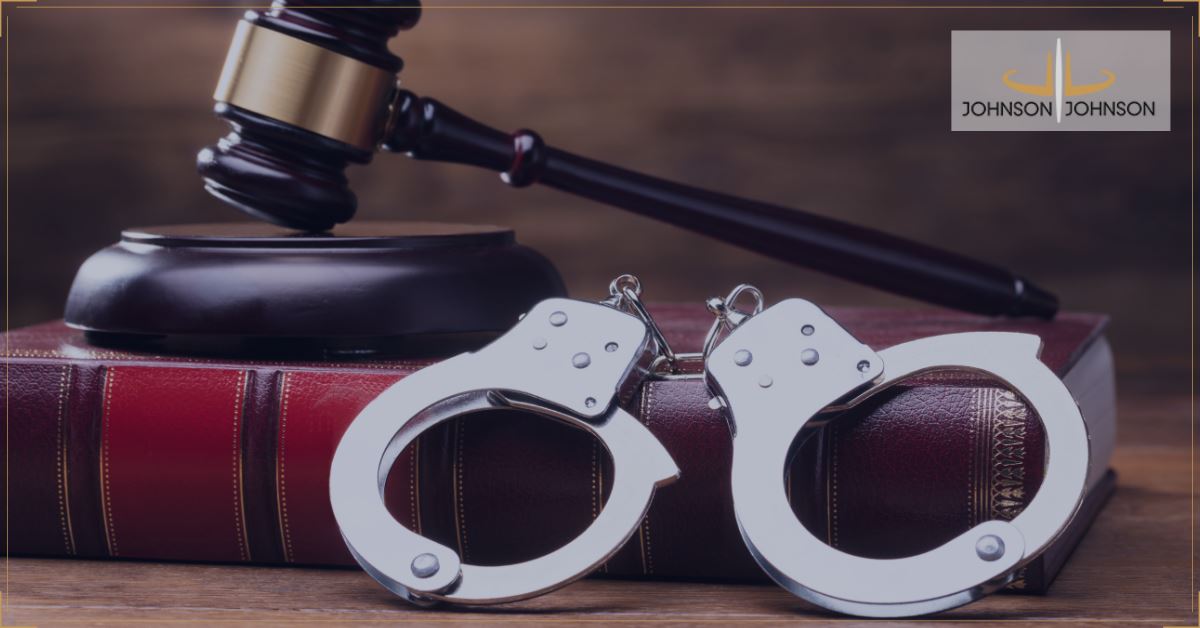California is known for its Three Strikes Law for felony offenders. Let’s go over everything you should know about this law, the offenses that count as strikes, and what you can do to avoid a third strike.
Three Strikes Law
In 1994, California enacted the Three Strikes Law. This law stated that once an individual has been convicted of three felony offenses, they will automatically be sentenced to 25 years to life in prison.
Did you know that California isn’t the only state with this type of law in place? Other states that follow this method of sentencing include:
- New York
- Texas
- Utah
- Florida
- Colorado
There are multiple goals of the Three Strikes Law. First, to decrease the number of repeat offenders within the community. Second, to remove judge discretion from sentencing. Third, to deter others from committing felony crimes.
The Three Strikes Law is highly controversial as well. Some of the arguments against this law include:
- It contributes to high jail and prison populations
- Removing judge discretion leads to people facing life sentences that shouldn’t be
- It severely punishes people who commit nonviolent felonies
In 2012, California made a slight change to the Three Strikes Law (Proposition 36) that required that the individual’s third conviction must be violent in order to receive the minimum 25 years to life sentence. Still, the first two strikes may be nonviolent felony offenses.
What Crimes are Strikes?
It’s important to know which offenses will count as strikes on your criminal record if convicted.
A first and second strike may be from any felony offense, regardless of whether or not it caused someone physical harm. A third strike, however, must be violent or severe.
Third strike offenses include:
- Murder
- Manslaughter
- Rape
- Armed assault
- Robbery
- Kidnapping
- Certain gang offenses
- Burglary
Removing Strikes from Your Record
With this ‘three strikes and you’re out legislation, you may be wondering if you have any options to remove past strikes from your record. Depending on the circumstances of the offense, you might be able to.
In California, you can have certain crimes expunged from your record. This means that the past offense will not appear on your criminal record — it essentially erases it as if it never occurred. You are able to get misdemeanors and felonies expunged in California. However, for a felony, you will first need to petition the court to reduce the conviction to a misdemeanor. This is more easily done for wobbler offenses. A wobbler is a crime that could be charged as a misdemeanor or felony.
It is important to note that you will not be able to have all felony convictions reduced and later expunged. There are some crimes that will not be able to ever be expunged, such as murder, violent crimes, and certain sex crimes.
Once you have successfully gotten your felony reduced to a misdemeanor, an attorney can help you follow through with the expungement process.
How an Attorney Can Help
If you are facing felony charges or seeking an expungement of past strikes, you will want legal assistance from a criminal defense attorney. Working with an attorney is the best way to prevent getting a conviction to begin with. They can advise you on what you should do throughout your case that will get you the best possible outcome. At The Law Offices of Johnson & Johnson, our California felony defense attorneys know how scary it is to be facing another strike on your record. We work hard to protect you and your future.
To discuss your recent arrest with one of our Walnut Creek criminal defense attorneys, call us at (925) 900-5330.
